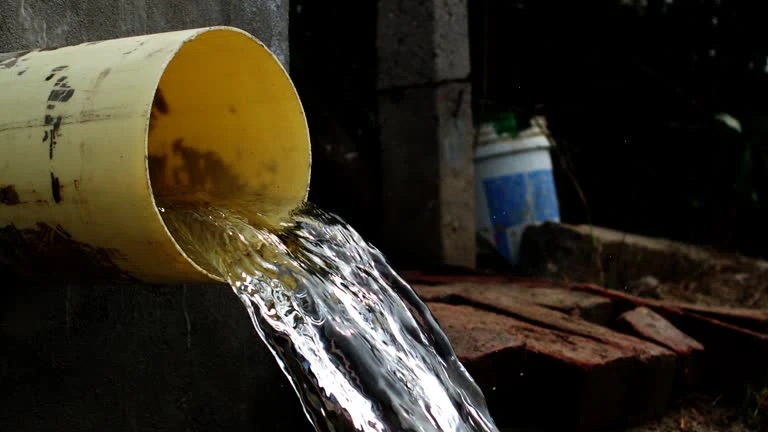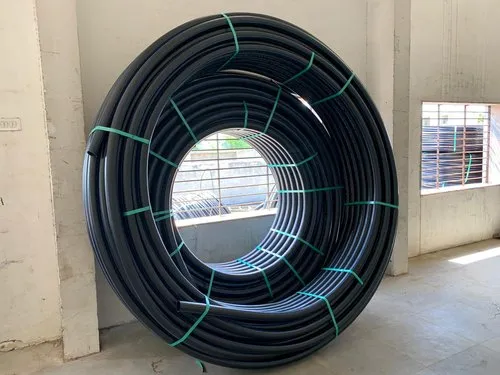In a recent announcement, the local council revealed that the scheduled cleaning of Water pipe in the city has been postponed. This decision has raised concerns among residents regarding the implications for water quality and infrastructure maintenance. Water pipes are crucial for delivering clean drinking water to communities, and their upkeep is essential for ensuring public health and safety. In this article, we will explore the reasons behind the postponement, the importance of regular water pipe cleaning, and what residents can expect moving forward.
Reasons for Water pipe Postponement
The council’s decision to postpone the water pipe cleaning was influenced by several factors:
1. Budget Constraints
One of the primary reasons for the postponement is budget constraints faced by the local council. With limited financial resources, prioritizing projects becomes essential. The council has indicated that they are currently reallocating funds to address more urgent infrastructure needs, which has resulted in the delay of the water pipe cleaning schedule.
2. Weather Conditions
Another significant factor affecting the water pipe cleaning timeline is the unpredictable weather conditions. Heavy rainfall and storms can complicate maintenance work, making it challenging for crews to carry out their tasks safely. The council has decided to wait for more favorable weather conditions to ensure the safety of workers and the effectiveness of the cleaning process.
3. Resource Availability
The availability of qualified personnel and equipment also plays a crucial role in scheduling maintenance work. The council has reported that they are currently experiencing a shortage of skilled labor due to competing projects in the area. This shortage has made it difficult to mobilize the necessary workforce for the water pipe cleaning.
Importance of Regular Water pipe Cleaning
Regular cleaning of water pipes is vital for several reasons:

1. Ensuring Water Quality
Over time, sediments, minerals, and contaminants can accumulate within water pipes, leading to reduced water quality. Regular cleaning helps to remove these build-ups, ensuring that residents receive clean and safe drinking water. Maintaining water quality is essential for public health, as contaminated water can lead to various health issues.
2. Preventing Breaks and Leaks
Dirty and poorly maintained water pipes are more susceptible to breaks and leaks. Regular cleaning and maintenance can help identify potential problem areas before they escalate into significant issues. This proactive approach can save municipalities from costly emergency repairs and service disruptions.
3. Enhancing Water Flow
Cleaning water pipes improves water flow and pressure, ensuring that residents receive adequate water supply. Blockages caused by sediment build-up can lead to reduced water pressure, affecting daily activities such as showering, cooking, and cleaning.
4. Extending Infrastructure Lifespan
Regular maintenance, including cleaning, can extend the lifespan of water pipes. By addressing issues early on, municipalities can avoid the need for costly replacements and ensure that the infrastructure remains functional for years to come.
Implications of Water pipe the Postponement
The postponement of water pipe cleaning has several implications for residents and the community as a whole:
1. Potential Water Quality Issues
Residents may experience fluctuations in water quality due to the delay in cleaning. Increased sediment and contaminants in the water supply can lead to discoloration, unpleasant tastes, or odors. The council has assured residents that they will monitor water quality closely during this period.
2. Increased Risk of Breaks and Leaks
With the postponement of cleaning, there is a heightened risk of breaks and leaks in the water system. If issues arise, residents may face service disruptions and the inconvenience of emergency repairs.
3. Communication from the Council
The local council has committed to keeping residents informed about the status of the water pipe cleaning. Updates will be provided through local news outlets, social media, and the council’s official website to ensure transparency and maintain public trust.
4. Future Scheduling
The council plans to revisit the cleaning schedule once budget constraints are addressed and weather conditions improve. Residents are encouraged to stay engaged and provide feedback on the importance of water pipe maintenance in their community.
Moving Water pipe Forward
As the council navigates the challenges associated with the postponement of water pipe cleaning, it is essential for residents to remain proactive in ensuring their water quality and safety. Here are some steps residents can take:
1. Monitor Water Quality
Residents should be vigilant about monitoring their water quality. If they notice any changes, such as discoloration or unusual odors, they should report these issues to the council immediately.
2. Practice Water pipe Water Conservation
In times of uncertainty regarding water supply, practicing water conservation is essential. Residents can reduce their water usage by fixing leaks, using water-efficient fixtures, and being mindful of their consumption habits.
3. Engage with Local Water pipe Officials
Residents are encouraged to engage with local officials and express their concerns about the importance of water pipe maintenance. Community feedback can help prioritize projects and allocate resources effectively.
4. Water pipe Stay Informed
Keeping up with council announcements and updates will ensure that residents are aware of any changes to the water pipe cleaning schedule. This information is crucial for planning and managing expectations regarding water quality and supply.
Conclusion
The postponement of water pipe cleaning by the local council highlights the challenges faced by municipalities in maintaining essential infrastructure. While budget constraints, weather conditions, and resource availability have contributed to this delay, the importance of regular water pipe cleaning cannot be overstated. Residents must remain proactive in monitoring water quality and engaging with local officials to advocate for timely maintenance. By working together, communities can ensure the continued delivery of clean and safe drinking water.
Frequently Asked Questions (FAQs)
1. Why was the water pipe cleaning postponed?
The cleaning was postponed due to budget constraints, unfavorable weather conditions, and a shortage of qualified personnel.
2. What are the risks associated with postponing water pipe cleaning?
Postponing cleaning can lead to potential water quality issues, increased risk of breaks and leaks, and reduced water flow.
3. How can residents monitor their water quality?
Residents should be vigilant and report any changes in water color, taste, or odor to the local council.
4. What steps can residents take to conserve water?
Residents can fix leaks, use water-efficient fixtures, and be mindful of their water consumption habits.
5. How will the council communicate updates about the cleaning schedule?
The council will provide updates through local news outlets, social media, and their official website to keep residents informed.


















